Fishing for trout at night can be a unique and exciting experience for anglers. However, it requires a different set of skills and techniques than daytime fishing. In this guide, we’ll explore the best tips and strategies for catching trout in the dark.
Choose the right location for night fishing for trout.
When night fishing for trout, it’s important to choose the right location. Look for areas where trout are known to feed at night, such as near underwater lights or in areas with a lot of insect activity. Also, consider the depth of the water and the structure of the area, as trout may be more likely to hide in deeper water or near underwater structures. Researching the area beforehand and talking to local anglers can also help you find the best location for night fishing.
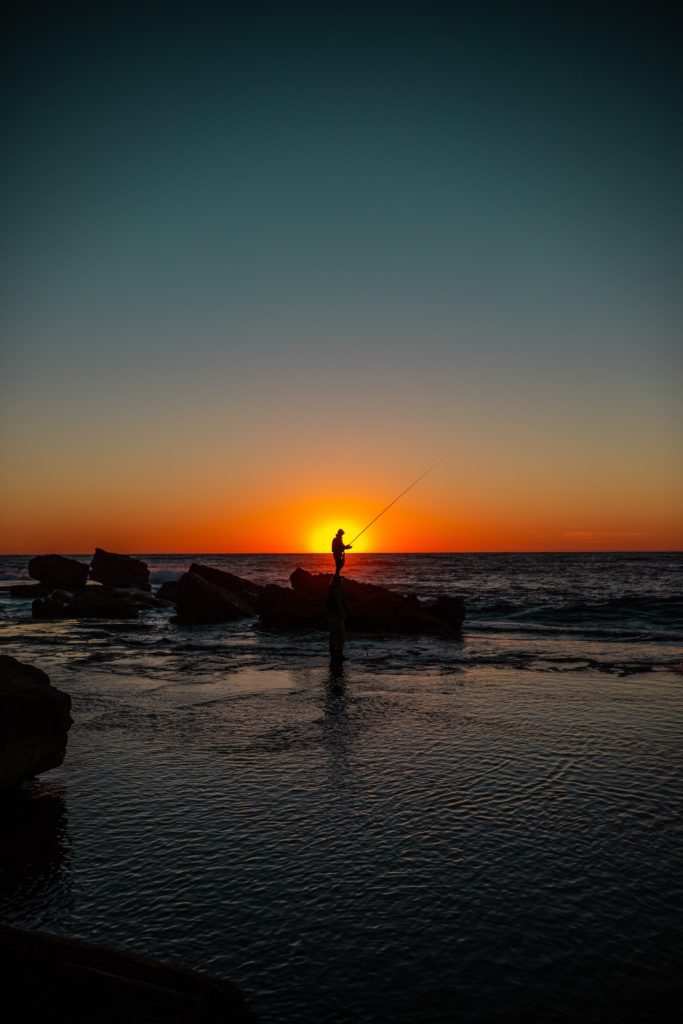
Use the right equipment.
When night fishing for trout, it’s important to have the right equipment to ensure a successful and safe fishing trip. Use a headlamp or other hands-free lighting to navigate in the dark and see your fishing line. Choose a fishing rod and reel that are appropriate for the size of trout you are targeting and the type of water you will be fishing in. Additionally, use lures or bait that are known to be effective for night fishing, such as glow-in-the-dark lures or bait with a strong scent.
Use the right bait and lures for trout fishing.
When night fishing for trout, it’s important to use bait and lures that are specifically designed for low-light conditions. Glow-in-the-dark lures are a popular choice, as they can attract trout from a distance. Additionally, bait with a strong scent, such as nightcrawlers or salmon eggs, can help attract trout in the dark. Experiment with different types of bait and lures to see what works best in your specific fishing location.
Adjust your technique for night fishing.
Night fishing for trout requires some adjustments to your technique compared to fishing during the day. One important factor is to use a light source to help you see what you’re doing and to attract fish. A headlamp or flashlight can be helpful for this. Additionally, you may need to cast your line differently to account for the reduced visibility. Try casting closer to shore or using shorter casts to increase your chances of catching a trout.
Be prepared for safety and visibility challenges.
Night fishing for trout can be a thrilling experience, but it also comes with some safety and visibility challenges. Make sure to bring a headlamp or flashlight to help you see what you’re doing and to avoid tripping or falling. It’s also a good idea to let someone know where you’ll be fishing and when you plan to return. Finally, be aware of your surroundings and any potential hazards, such as rocks or slippery surfaces. With the right preparation and precautions, you can enjoy a successful and safe night of fishing for trout.
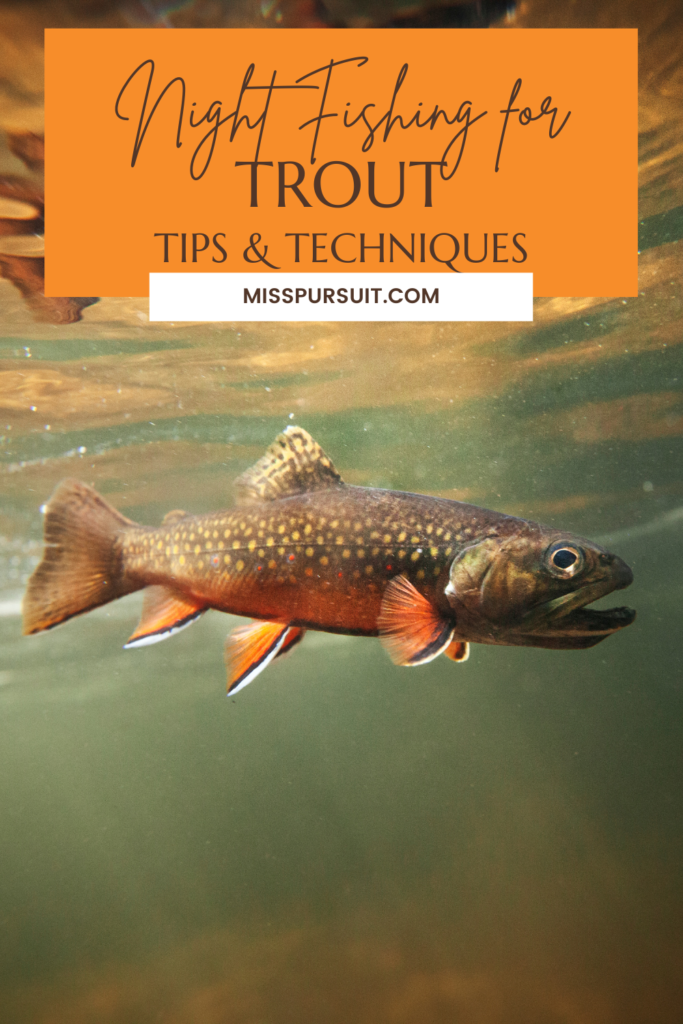
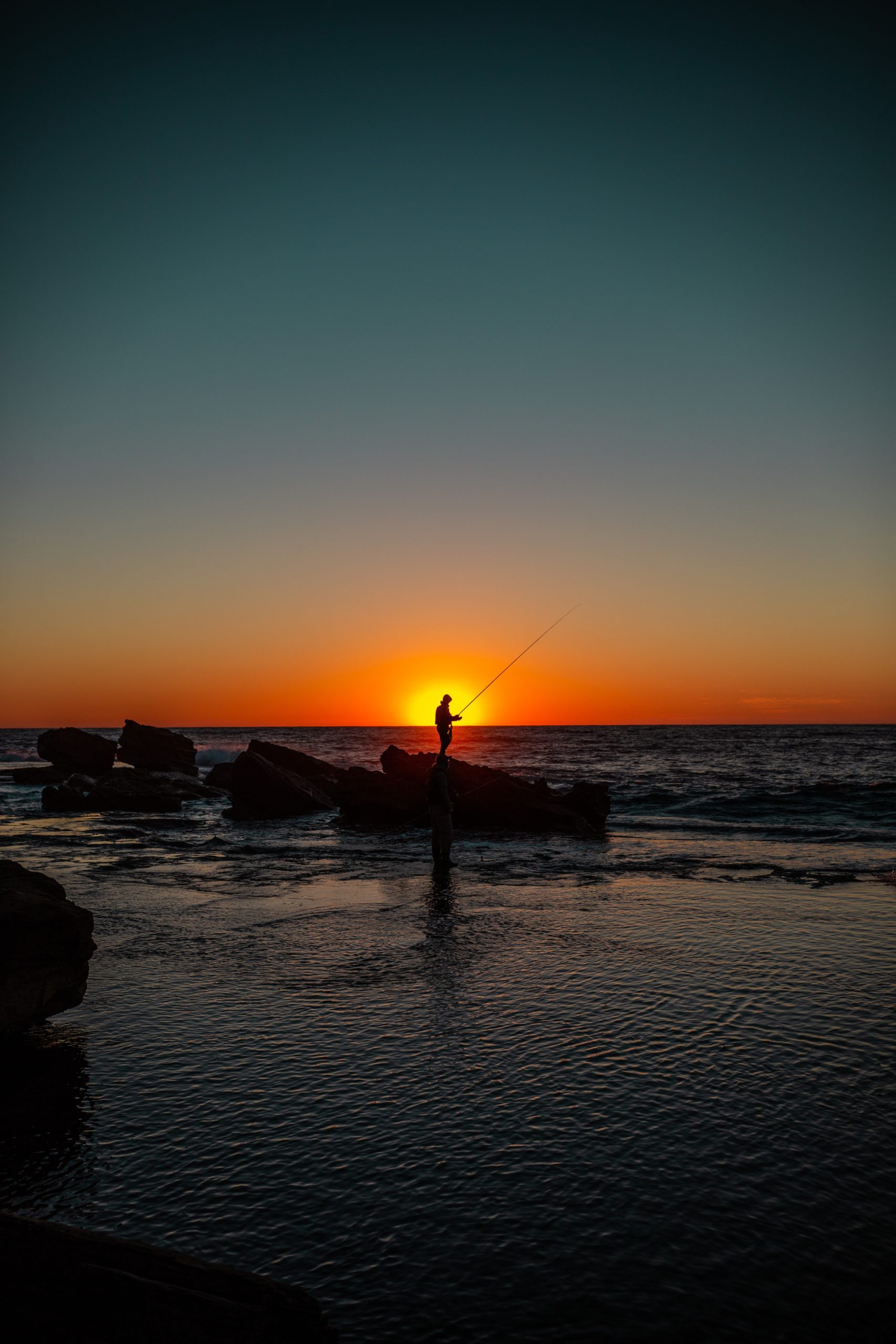
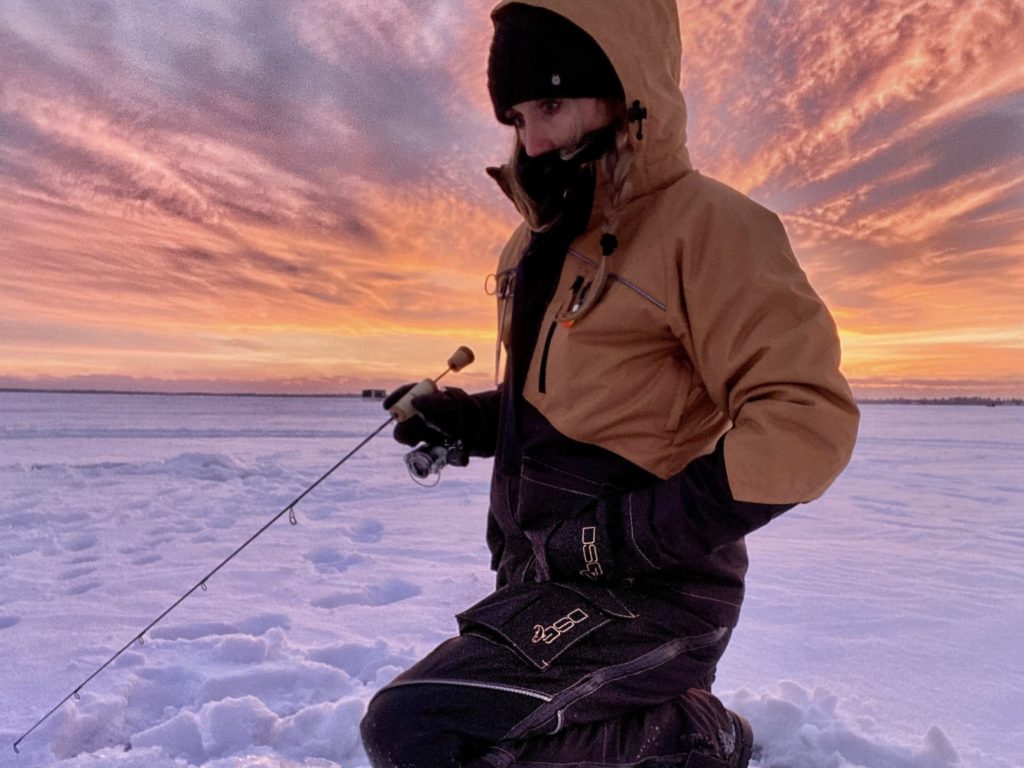
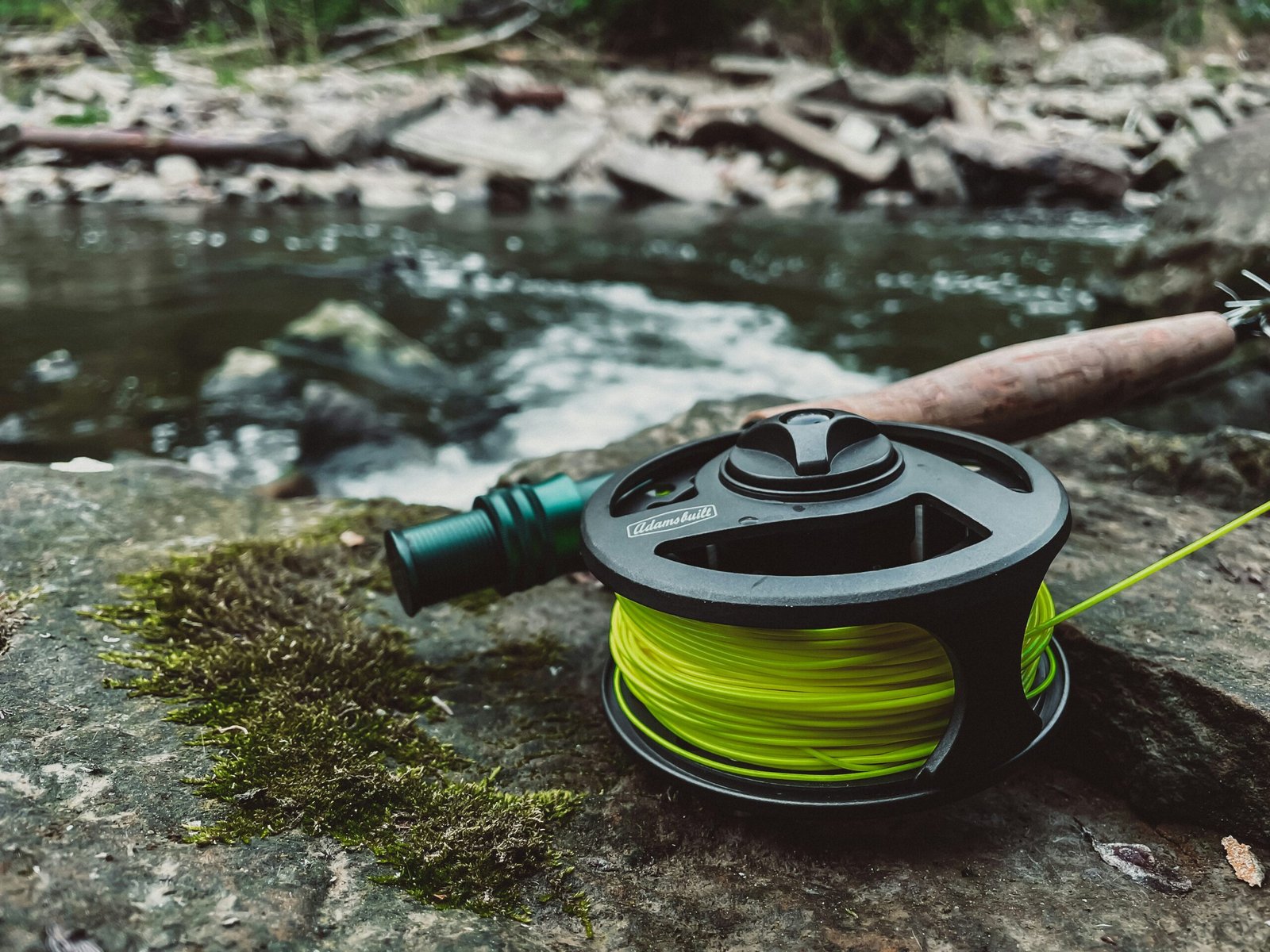
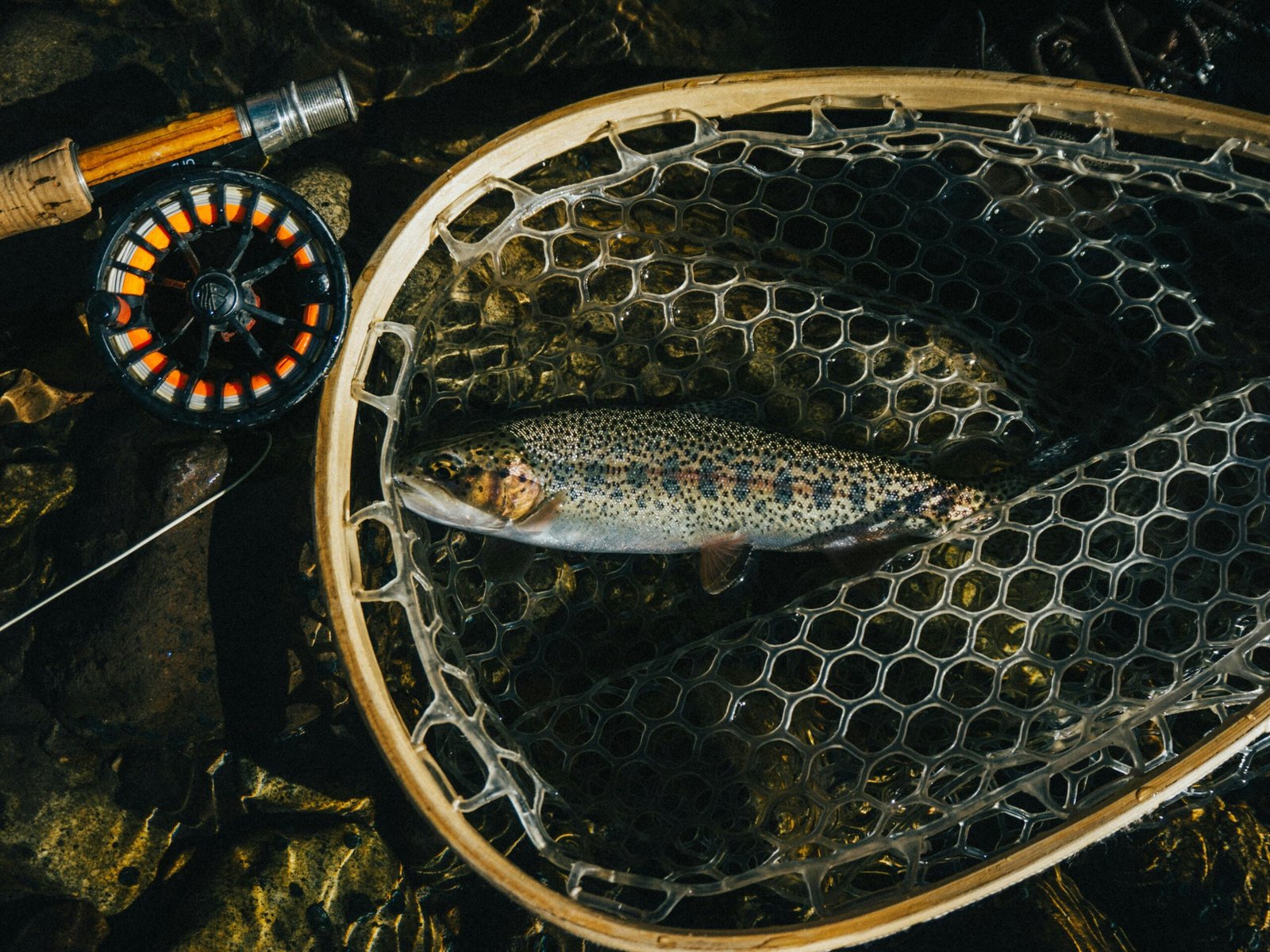
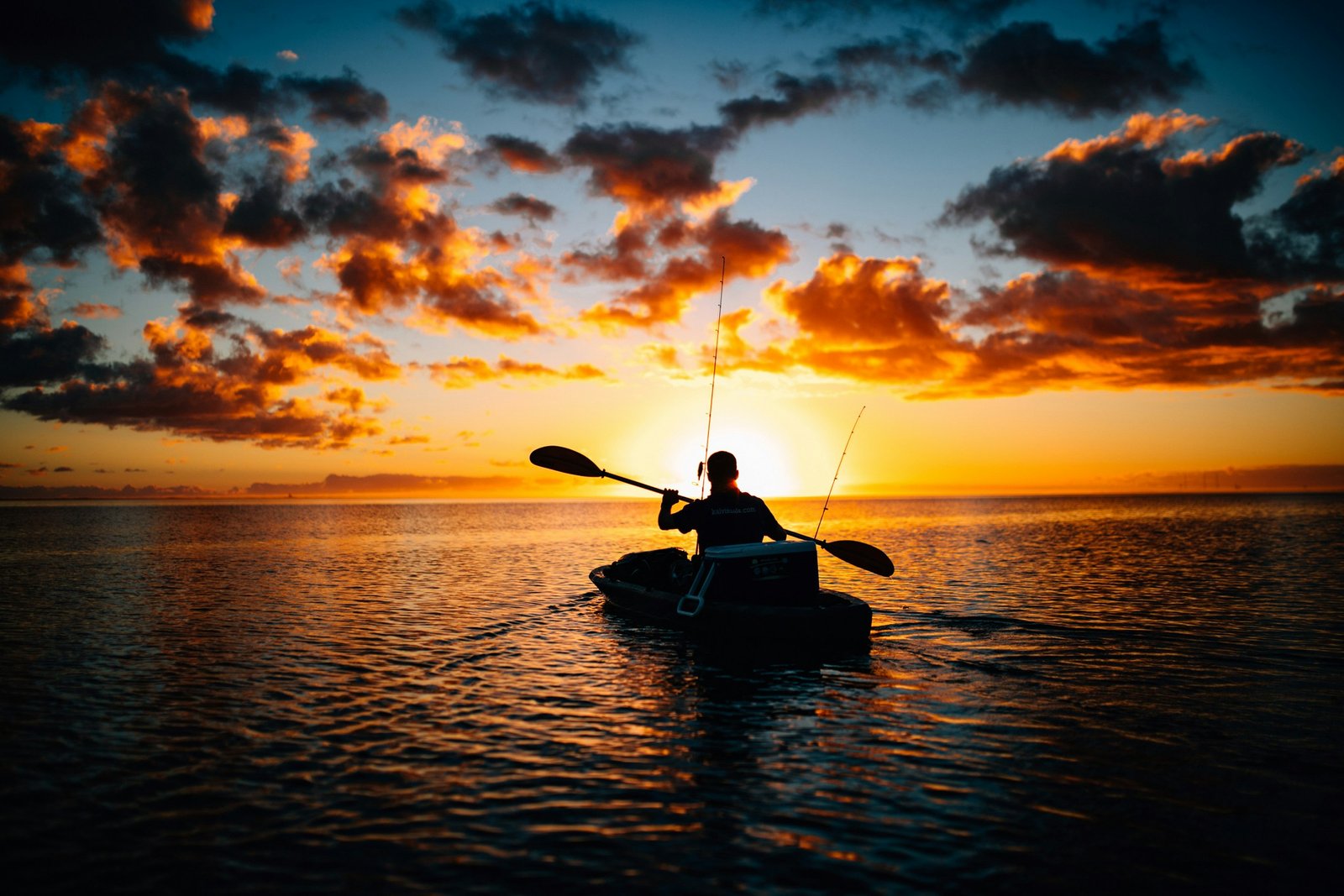
2 thoughts on “Night Fishing for Trout: Tips and Techniques”